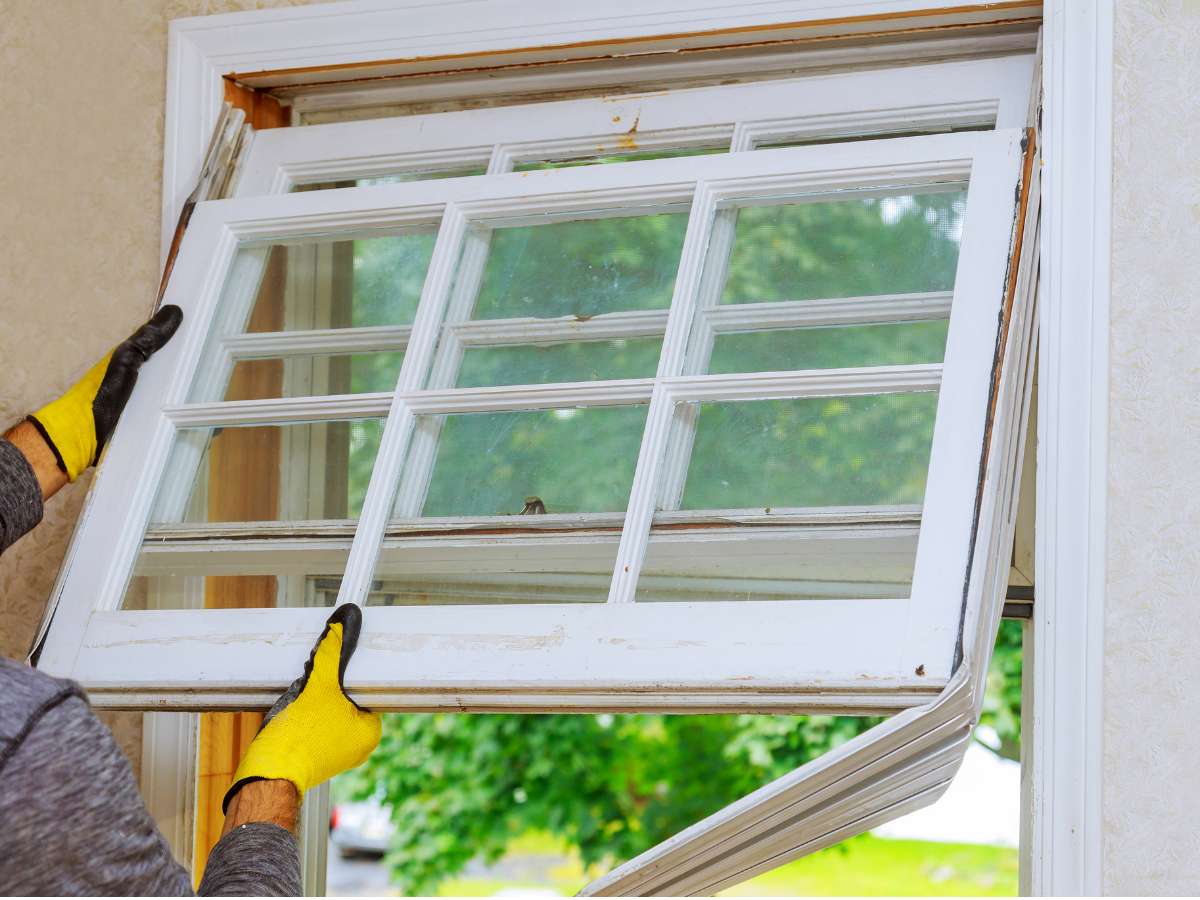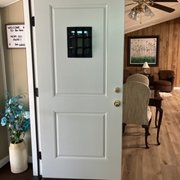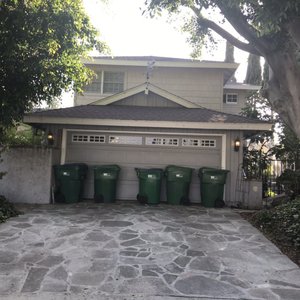Are you tired of old windows and high energy bills? If you answered yes, you’re not alone. Many homeowners experience the frustration of drafty windows that allow cold air to seep in during the winter and warm air to escape in the summer. Not only does this compromise the comfort of your home, but it also leads to higher energy bills.
Fortunately, there is a solution to this problem. There are many benefits of windows replacement; you can improve the comfort of your home. At the same time, it reduces energy consumption and saves money on your monthly bills.

Window Replacement Benefits
1. Improved energy efficiency: Window replacement can improve a home’s insulation. This can reduce heating and cooling costs. New windows will prevent drafts and keep the indoor temperature stable.
2. Noise reduction: New windows provide sound insulation, reducing the noise from outside. This can benefit homeowners living in busy areas or near airports, highways, or construction sites.
3. Enhanced home value: Upgraded windows can increase the value of a home. Potential buyers often look for energy-efficient features and modern upgrades. Having new windows can attract interest and increase the resale value.
4. Aesthetically pleasing: Window replacement allows homeowners to update the look of their home. The new windows can enhance curb appeal and overall appearance, giving the house a fresh and modern look.
5. Increased natural light: Upgrading windows often involves selecting larger or strategically placed windows. This allows natural light to enter the home, creating a brighter atmosphere.
6. Easy maintenance: Newer windows are easier to clean than outdated models. Many window designs now have easy-to-clean glass and tilt-in sashes, making cleaning convenient.
7. Improved safety and security: New windows have built-in security features such as stronger frames, multiple locking points, and shatter-resistant glass. These enhancements can make it difficult for potential intruders to break in, providing homeowners with added peace of mind.
8. UV protection: Certain window coatings can block harmful UV rays from entering the home. This protects the occupants from health risks and prevents fading and damage to furniture, carpets, and other belongings.
9. Increased comfort: Upgraded windows can eliminate drafts and hot or cold spots in a home. This is noticeable during extreme weather conditions when new windows can help maintain a comfortable indoor temperature.
10. Tax incentives and rebates: In some regions, homeowners are eligible for tax incentives or rebates when they replace their windows with energy-efficient models. These financial benefits can help offset the initial investment.
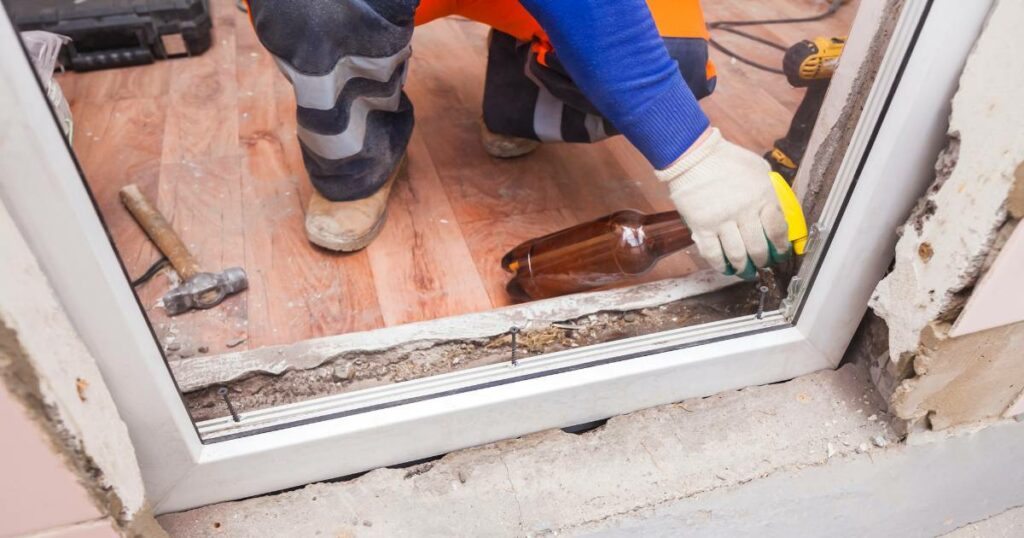
Increased Energy Efficiency
How Old Windows Contribute to Energy Loss
- Poor insulation: Old windows may have gaps and cracks in the frame or around the glass, allowing air to leak in and out of the house.
- Inefficient glass: Single-pane windows provide little insulation against temperature changes and allow heat to escape easily.
- Lack of weatherstripping: Weatherstripping can deteriorate or become loose, decreasing its effectiveness in preventing air leakage.
- Outdated frame materials: Some older window frames are made of materials that do not provide thermal insulation.
- Inadequate UV protection: Older windows often lack effective UV protection, which can cause damage to furniture, drapes, and carpets over time.
New Windows Can Improve Insulation and Reduce Energy Consumption
Windows are responsible for minimizing heat transfer between the interior and exterior of a building. Property owners can enhance insulation by investing in new windows. Modern windows are constructed with advanced technologies such as double or triple glazing, low-emissivity coatings, and insulating frames. These features collectively minimize heat transfer through the windows, effectively trapping warmth inside during colder months and preventing excessive heat gain during hotter months. Air infiltration is minimized, resulting in a stable indoor temperature and decreased reliance on HVAC systems.
Statistics Showcasing Energy Savings After Window Replacement
A study conducted by the National Institute of Energy Efficiency found that properties that underwent window replacement experienced a significant reduction in energy consumption. The researchers collected data from 500 households across different regions and compared their energy bills before and after the replacement. The results were striking, indicating an average energy savings of 25%. The improved sealing of replacement windows eliminates drafts and air leakage, leading to a more comfortable and energy-efficient indoor environment. These statistics highlight the benefits of window replacement in reducing energy consumption, which can have enormous cost savings and positive environmental implications.

Enhanced Comfort and Noise Reduction
How Old Windows Lead to Discomfort
Old windows often let in drafts. The seals around the window frames can degrade or become damaged. The window glass may also have small cracks or gaps. Another factor to consider is the lack of insulation. Older window frames may not have this feature. The outside temperature easily permeates through the frames. It is recommended to consider replacing old windows with energy-efficient models. This will contribute to energy conservation.
New and Well-insulated Windows Lead to Improve Indoor Comfort
New and well-insulated windows are designed to minimize heat transfer between the inside and outside of a building. This not only improves comfort levels but also reduces energy consumption. New windows typically come with advanced features such as low-emissivity coatings or gas-filled panes; these coatings and fillings reduce the heat escaping through the windows, keeping the indoor space warmer during the colder months.
New Windows Reduce Outside Noise Pollution
Multiple panes of glass with insulating air or gas layers in between significantly minimize sound transmission. This allows for a quieter and more peaceful environment indoors. Using thicker and laminated glass helps reduce noise pollution by absorbing and reflecting sound waves. Materials like vinyl or fiberglass have better noise insulation properties than traditional wooden frames. By blocking and minimizing the transmission of sound waves, new windows can create a quieter and more peaceful space.

Improved Home Security and Safety
Vulnerabilities of Old Windows to Break-ins
Over time, the structural integrity of these windows can deteriorate, making it easier for burglars to force their way in. Single-pane windows, commonly found in older homes, are particularly vulnerable as they can be easily shattered. Older windows often have weaker or no locks, making them an easy target for intruders. The lack of modern security features, such as laminated glass or reinforced frames, further increases the risk of a break-in.
New Windows Can Enhance Home Security
The latest windows come equipped with innovative locking systems that provide better protection against intruders. These mechanisms can include multiple locking points, such as top, bottom, and side locks, making it much more difficult to force the windows open. Some advanced locking systems have reinforced frames and sashes, ensuring the windows remain securely closed even under extreme pressure.
Windows with Safety Glass can Minimize Injuries from Accidents
Safety glass is typically made from laminated or tempered glass with unique properties. Laminated glass consists of multiple layers bonded with an interlayer, holding it together even when it shatters. This helps to prevent large shards from forming and potentially causing severe injuries. On the other hand, tempered glass is heat-treated to increase its strength, and when shattered, it breaks into small, granular pieces instead of sharp shards. This reduces the risk of lacerations and makes it safer for individuals in the event of an accident.
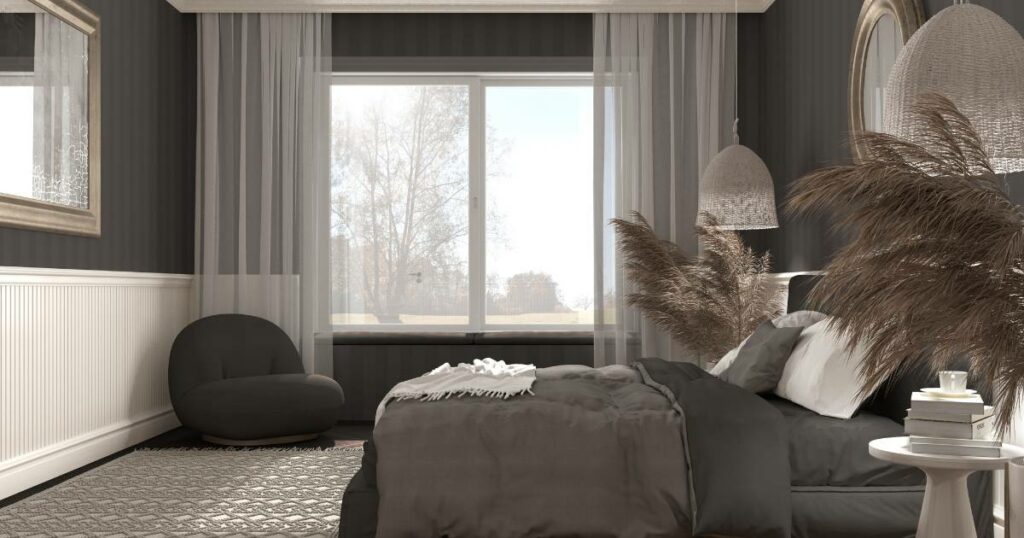
Increased Home Value and Curb Appeal
Replacing Windows Can Add Value to a Home for Resale Purposes
Energy-efficient windows can lower costs by reducing drafts. This appeals to potential buyers who are conscious of their environmental impact and want to save on utility bills. Moreover, modern windows often come with additional features such as soundproofing or enhanced security, which can greatly improve the value and desirability of a home. By investing in high-quality windows, homeowners can attract more potential buyers and potentially command a higher selling price, making it a worthwhile investment for those looking to sell their property.
Aesthetically Pleasing Windows Can Enhance Curb Appeal
Windows are often considered one of a home’s most important architectural features. Aesthetically pleasing windows can greatly enhance the appearance of a property and make a lasting impression on visitors and potential buyers. There are various styles and designs to fit any architectural style. Decorative window treatments such as shutters, blinds, or window boxes can enhance visual appeal.
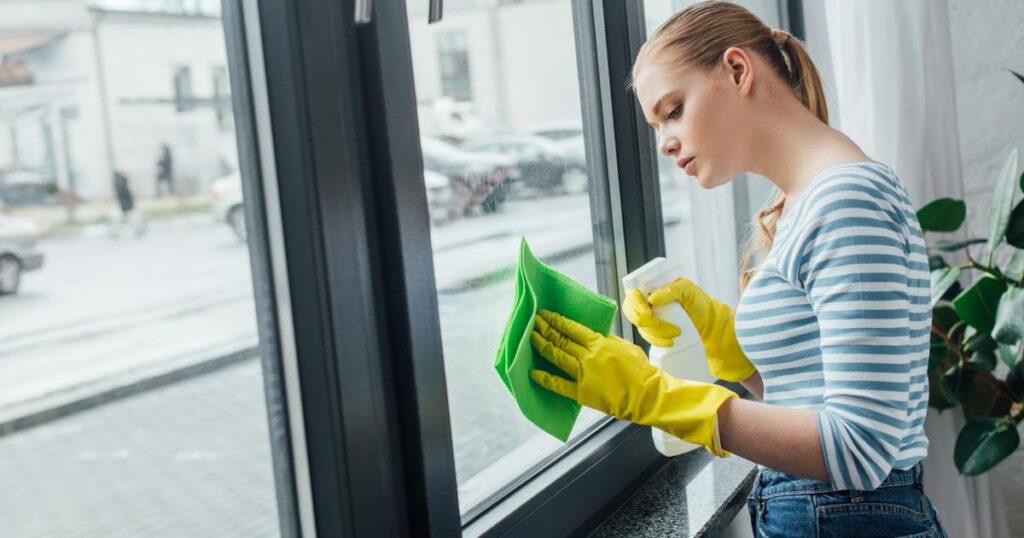
Low Maintenance and Longevity
Maintenance Requirements of Old Windows
One of the main maintenance tasks is cleaning, which involves removing dirt, dust, and debris from the window’s interior and exterior surfaces. Cleaning can be done using mild detergent, a soft cloth, or a sponge. Regular painting or sealing of the frames can also help protect against moisture damage and prolong the lifespan of the windows.
Modern Windows are Designed for Durability and Require Minimal Upkeep
Modern windows are designed with durability, ensuring they can stand the test of time with low upkeep. Manufacturers use high-quality materials such as vinyl or fiberglass, known for their strength and resistance to wear. These windows are also designed to resist harsh weather to provide long-lasting performance. They often feature convenient features like tilt-in sashes, which allow for hassle-free cleaning from the inside of the home.
The Lifespan of Old Windows vs. New Windows
Traditional windows, especially those made from wood, are prone to damage from weathering, rot, and pests. This can lead to repairs or replacements. On the other hand, new windows are often made from materials like vinyl or fiberglass, which are more durable and weather-resistant. They are meant to stand harsh environmental conditions and require minimal maintenance. Therefore, investing in new windows can be a cost-effective choice in the long run, as they will likely outlast their older counterparts.

Window Replacements for Home
New windows offer improved security, giving homeowners peace of mind knowing they have sturdy and reliable windows protecting their homes. Considering all these benefits, homeowners are encouraged to replace their windows to enjoy a more comfortable, energy-efficient, and secure living space.
Frequently Asked Questions (FAQ)
1. What is a replacement window?
A replacement window is a window that replaces an existing window in a home or building.
2. How do I choose the right replacement window?
When choosing a replacement window, consider factors such as the type of window, frame material (such as vinyl or wood), and the number of windows you need to replace. It’s recommended to consult with a contractor or visit home centers for more options and guidance.
3. Can I install replacement windows myself?
While some homeowners may opt to install replacement windows, hiring a professional contractor is recommended to ensure proper installation and avoid issues.
4. What is the difference between new-construction windows and replacement windows?
New-construction windows are used when building a new home or installing windows in a newly constructed space, while replacement windows are specifically designed to fit within existing window frames.
5. Should exterior trim be replaced when installing replacement windows?
It is not always necessary to replace exterior trim when installing replacement windows. However, if the existing trim is damaged or incompatible with the new windows, it may need to be replaced or modified.
6. How many windows should I replace at once?
The number of windows to replace depends on your budget, needs, and the condition of the existing windows. It is common to replace multiple windows at once to ensure consistency in appearance and potential cost savings.

